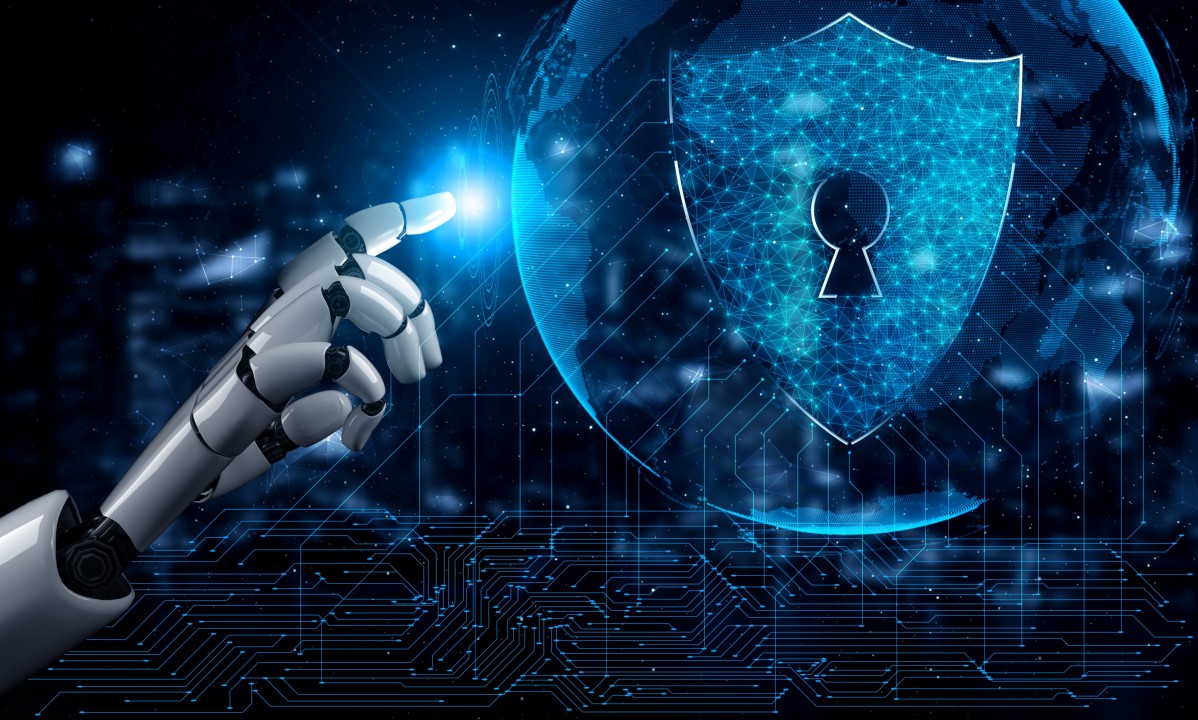A deepfake video duped a company out of over $25.6 million, with the impostor posing as the CFO during a conference call. Employees mistook the deepfake for the real CFO, unaware of the deception. The convincing visual and auditory mimicry contributed to the successful scam.~~~ News report
In the rapidly evolving landscape of the digital age, cybersecurity has emerged as a paramount concern, shaping not only technological advancements but also the well-being of individuals and societies worldwide. Our interconnected world, fueled by digital technologies, offers unprecedented opportunities for communication, commerce, and collaboration. However, alongside these opportunities come a host of cybersecurity challenges that threaten our privacy, security, and societal stability.
Cyber health, defined as the collective measures and practices aimed at safeguarding digital systems, networks, and data, is fundamental to ensuring a secure and resilient digital ecosystem. It encompasses efforts to mitigate risks, protect digital assets, and foster trust and confidence in the digital realm. As we strive for a safer world, addressing cyber health concerns becomes imperative, impacting individuals, businesses, governments, and society at large.
Technological innovations play a pivotal role in fortifying our defences against evolving cyber threats. Artificial intelligence (AI), machine learning, and blockchain technology are among the cutting-edge tools leveraged to detect and respond to anomalies, secure data storage, and enhance transactional integrity. Additionally, secure communication protocols and encryption algorithms bolster the protection of sensitive information across digital channels.
However, overcoming cybersecurity challenges requires more than just technological solutions. It demands collaborative efforts across industry, government, academia, and civil society. Initiatives such as T4LK exemplify the importance of partnerships and knowledge sharing in championing a safer digital future.
Proactive monitoring systems, threat intelligence platforms, and adaptive security measures are vital components of a robust cyber defense strategy. Moreover, user education and awareness programs are essential in mitigating social engineering attacks and promoting responsible digital conduct. By integrating technological solutions with a human-centric approach, we can cultivate a digital environment that prioritizes safety, trust, and happiness.
In conclusion, the evolution of cyber health is not merely a technological imperative but a societal commitment toward a brighter, safer digital future. By embracing technological innovations, fostering collaboration, and advocating for cybersecurity awareness, we can fortify our digital defenses and pave the way for a future where individuals and communities thrive in a secure, interconnected world. By coming together, we can create a safer and healthier world for all.



